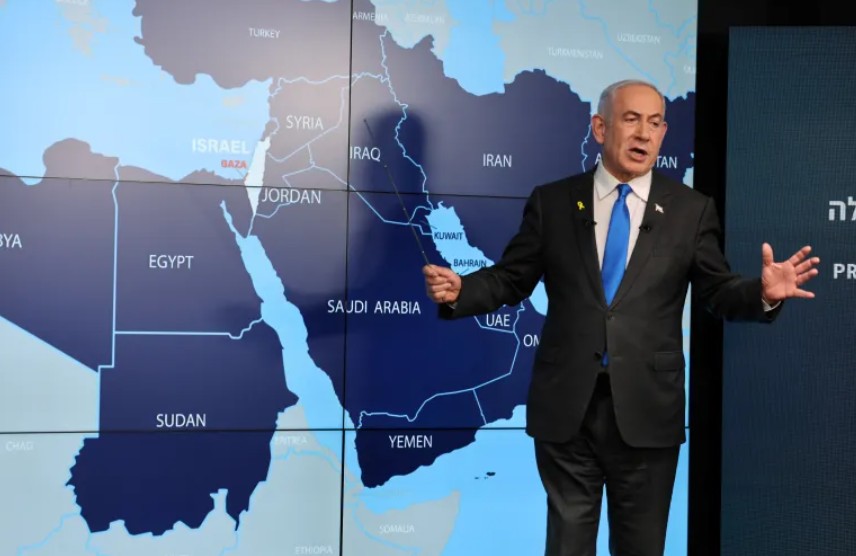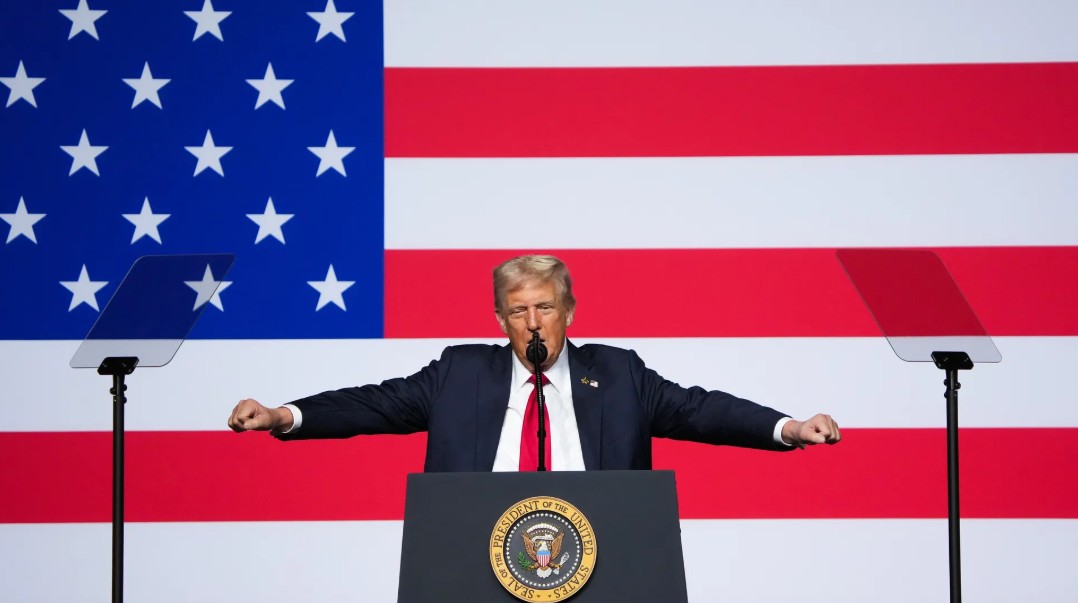Britain’s Latest Gift to Lebanon: The Imperial Blueprints

As today’s news broke of a ceasefire in Gaza after two years of Israel’s genocidal war, the Political Director of the UK’s Foreign Office, Dr. Christian Turner, arrived in Beirut to present the Lebanese foreign minister with “historic maps” of Lebanon’s borders with occupied Palestine — the very borders which Britain and France carved into existence a century ago before Israel existed, and which Israel still refuses to recognize. It’s a touching gesture: the empire that divided the Middle East now offering souvenirs of the mess it left behind, one photocopy at a time.
Dr. Turner didn’t come alone. He brought a full delegation and, presumably, a camera crew — because this wasn’t meant to be a quiet archival handover. It was theatre: the self-styled civilisers returning to bestow their gracious wisdom on the region they once partitioned by pencil, bomb and bayonet. Britain, we’re told, was “expressing willingness to assist” in any Lebanese plan to demarcate its borders. How generous — especially from the country that drew them in the first place, without Lebanese consent, and in service of imperial convenience.
These maps come from the same British archives that contain the Sykes–Picot Agreement of 1916, the secret colonial pact that sliced the Levant into spheres of influence. France got Syria and Lebanon; Britain took Palestine and Iraq. Local people, of course, got Britain’s and France’s selection of satraps, accompanied by generations of instability. Now, with the ink from the latest colonial ceasefire barely dry and the craters from Israeli bombs still smouldering in what remains of Gaza, Britain re-emerges — clutching antique cartography like a peace offering from the pyromaniac who started the fire.
The timing could hardly be more grotesque. On the very day Britain staged its colonial nostalgia tour in Beirut, Israeli Prime Minister Benjamin Netanyahu publicly congratulated Donald Trump for “bringing peace to Gaza” — and suggested he deserved a Nobel Peace Prize for it. The man overseeing a genocidal campaign that killed at least 65,000 civilians, reduced most of Gaza to rubblem and starved its trapped population, now congratulates his patron in Washington for stopping what he started. It’s a tableau of our times: the colonisers of yesterday, the sponsors of today, and their protégés all congratulating one another on their “peace.”
Today’s presentation in Beirut wasn’t merely tone-deaf. It’s historical cosplay. The Political Director’s presence was meant to convey gravitas, a kind of magnanimous imperial nostalgia: look how far we’ve come since we drew these lines. Yet the reality on the ground remains alarmingly familiar. Israel — the “occupying power” politely referenced in Lebanon’s statement — has spent the past two years nibbling further into Syrian and Lebanese territory. Not sweeping invasions, but steady, strategic annexation: testing boundaries, altering facts on the ground, expanding “security zones.”
Even Wikipedia, hardly a bastion of radicalism, concedes that Israel has only two formally recognised borders — with Egypt and Jordan. Its frontiers with Syria, Lebanon, and the occupied Palestinian territories remain “contested.” Which is diplomatic shorthand for: no one else agrees they belong to Israel. But the world’s democracies prefer to look the other way.
And of course Britain, ever the loyal accomplice and co-sponsor, continues to supply Israel with the weapons, diplomatic cover, and historical amnesia that make it all possible. When the Foreign Office says it wants to help Lebanon “demarcate” its borders, what it means is: we’d like to supervise your homework again. Never mind that Britain’s last attempt at “helping” produce borders led directly to the Balfour Declaration, partition, displacement, and decades of bloodshed.
In Lebanon, the optics are grimly comical: a former colonial power solemnly returning to the scene of its crime, armed with a PowerPoint and a sense of moral superiority. The gesture is meant to reassure, to suggest that London still has a stabilising role in the region. But it’s hard to take lessons in sovereignty from a nation that can’t even admit its empire’s legacy of sabotage.
And now Britain wants to help Lebanon “demarcate” its borders. America, meanwhile, ensures those borders remain meaningless by underwriting Israel’s every transgression with bombs and vetoes. The roles have merely evolved: the junior empire that drew the lines has passed the baton to the senior empire that enforces them. Washington bankrolls the same colonial project London once designed — with the same language of “stability,” “security,” and “peace.”
The British foreign office mandarin’s visit to Beirut was meant to symbolise cooperation, but it only underscored continuity. The empire’s accents have changed; its logic hasn’t. Britain may bring the maps, America brings the muscle, and Israel redraws the frontiers.
A century later, the cartographers of empire are still drawing lines through Arab lives — nowadays they call it ‘foreign policy realism’.
Photo. Lebanese Foreign Minister Youssef Rajji (right) with Dr. Christian Turner
By Ruth Riegler









